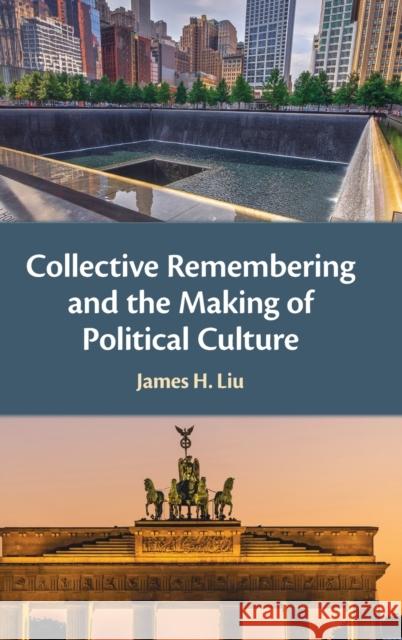Collective Remembering and the Making of Political Culture » książka
topmenu
Collective Remembering and the Making of Political Culture
ISBN-13: 9781108833523 / Angielski / Twarda / 2022
Collective Remembering and the Making of Political Culture
ISBN-13: 9781108833523 / Angielski / Twarda / 2022
cena 414,61
(netto: 394,87 VAT: 5%)
Najniższa cena z 30 dni: 409,63
(netto: 394,87 VAT: 5%)
Najniższa cena z 30 dni: 409,63
Termin realizacji zamówienia:
ok. 22 dni roboczych.
ok. 22 dni roboczych.
Darmowa dostawa!
A comprehensive portrait of how human agency and social forces come together over time to make history.











